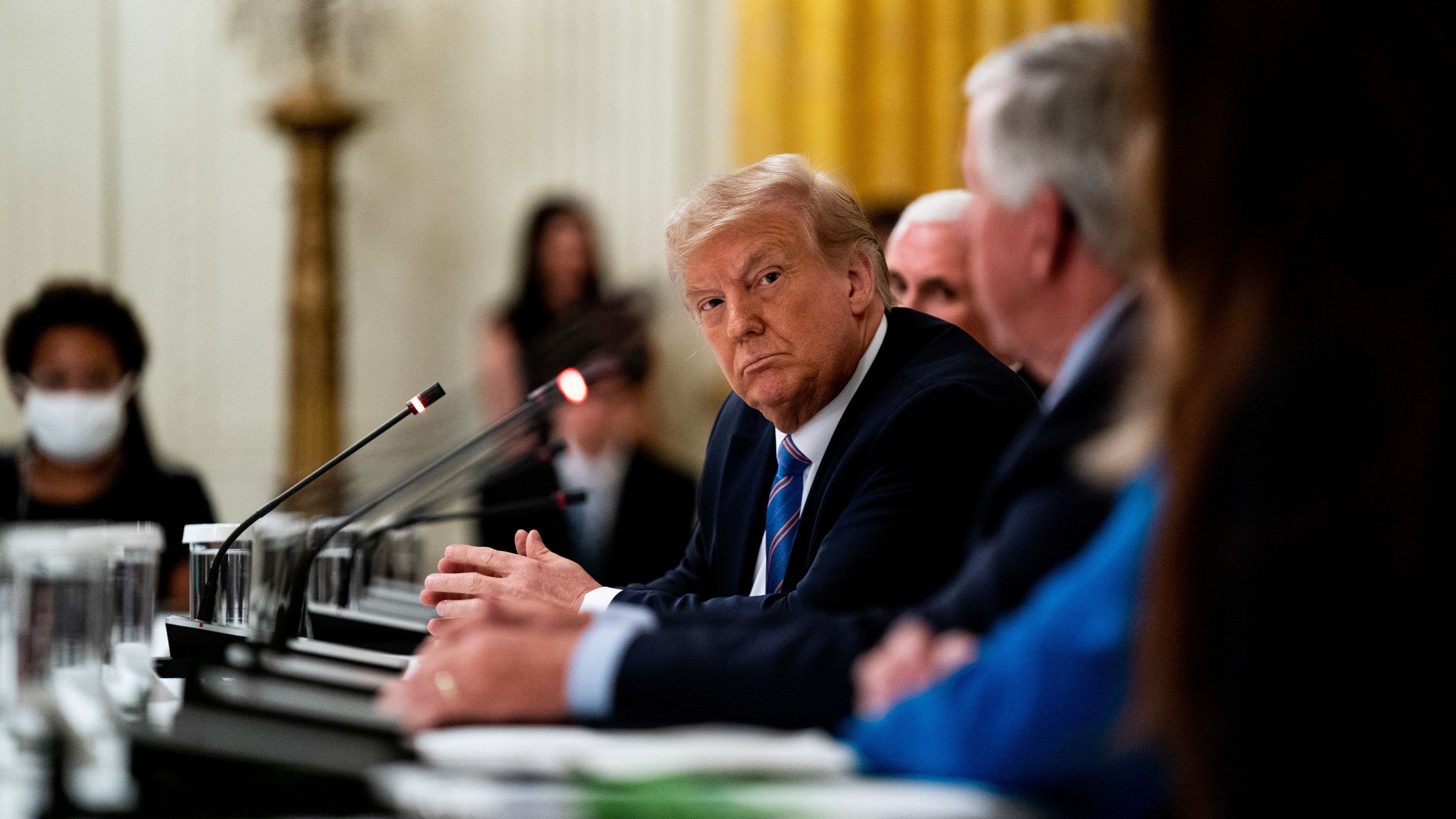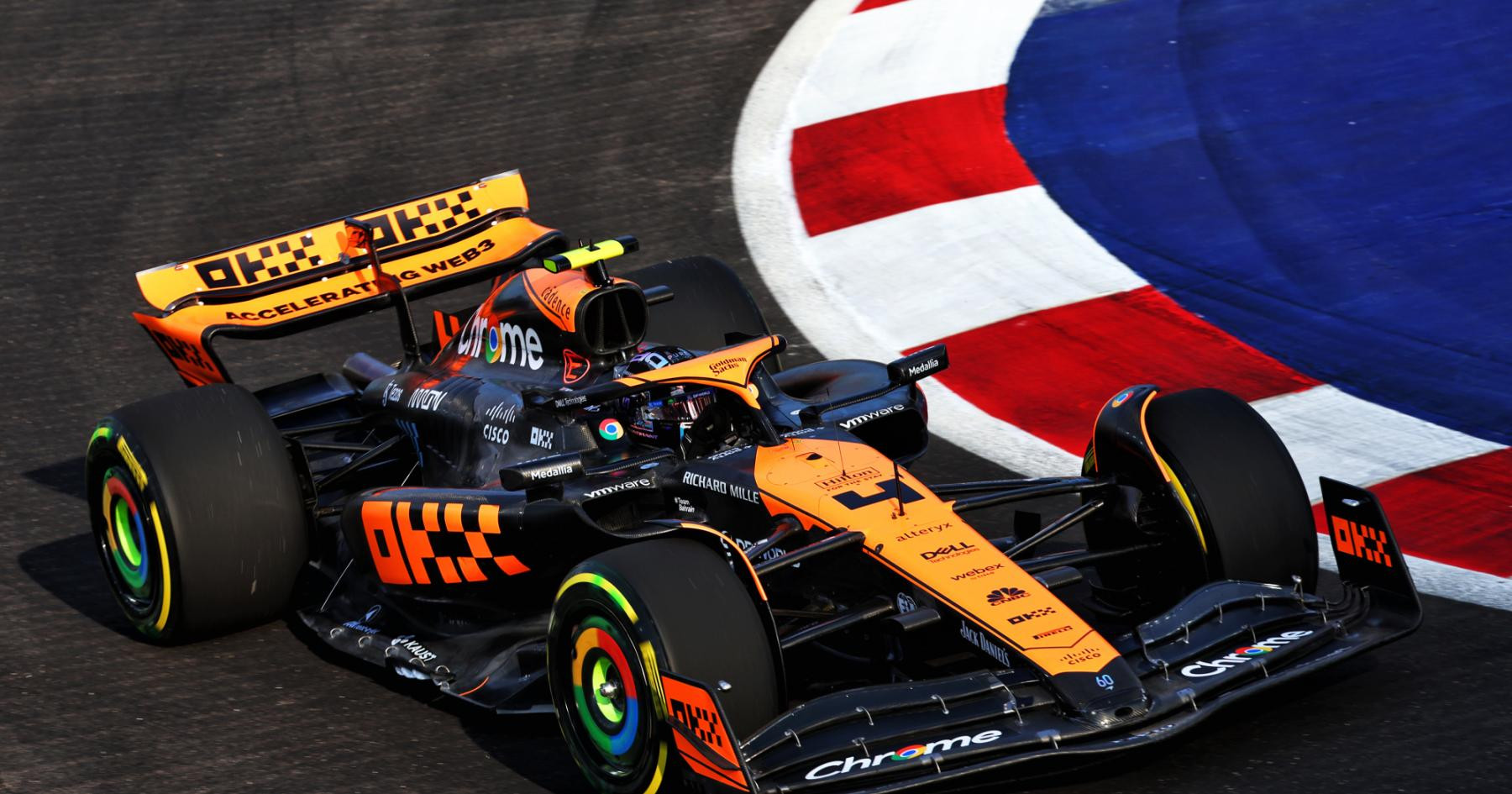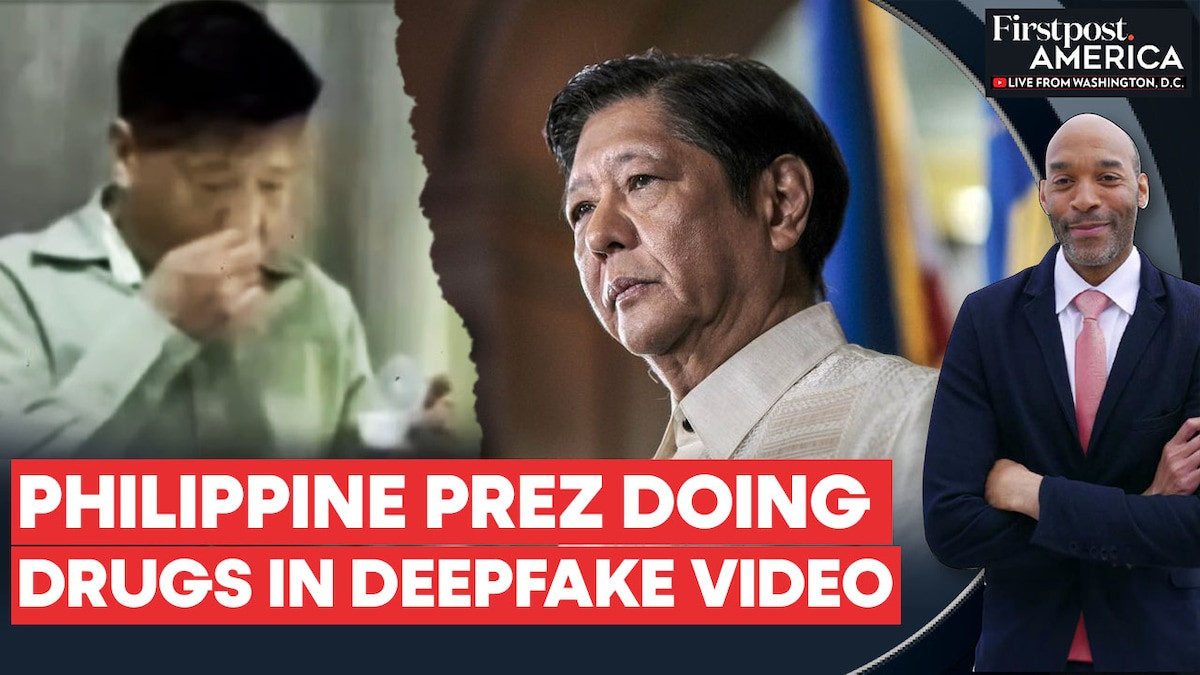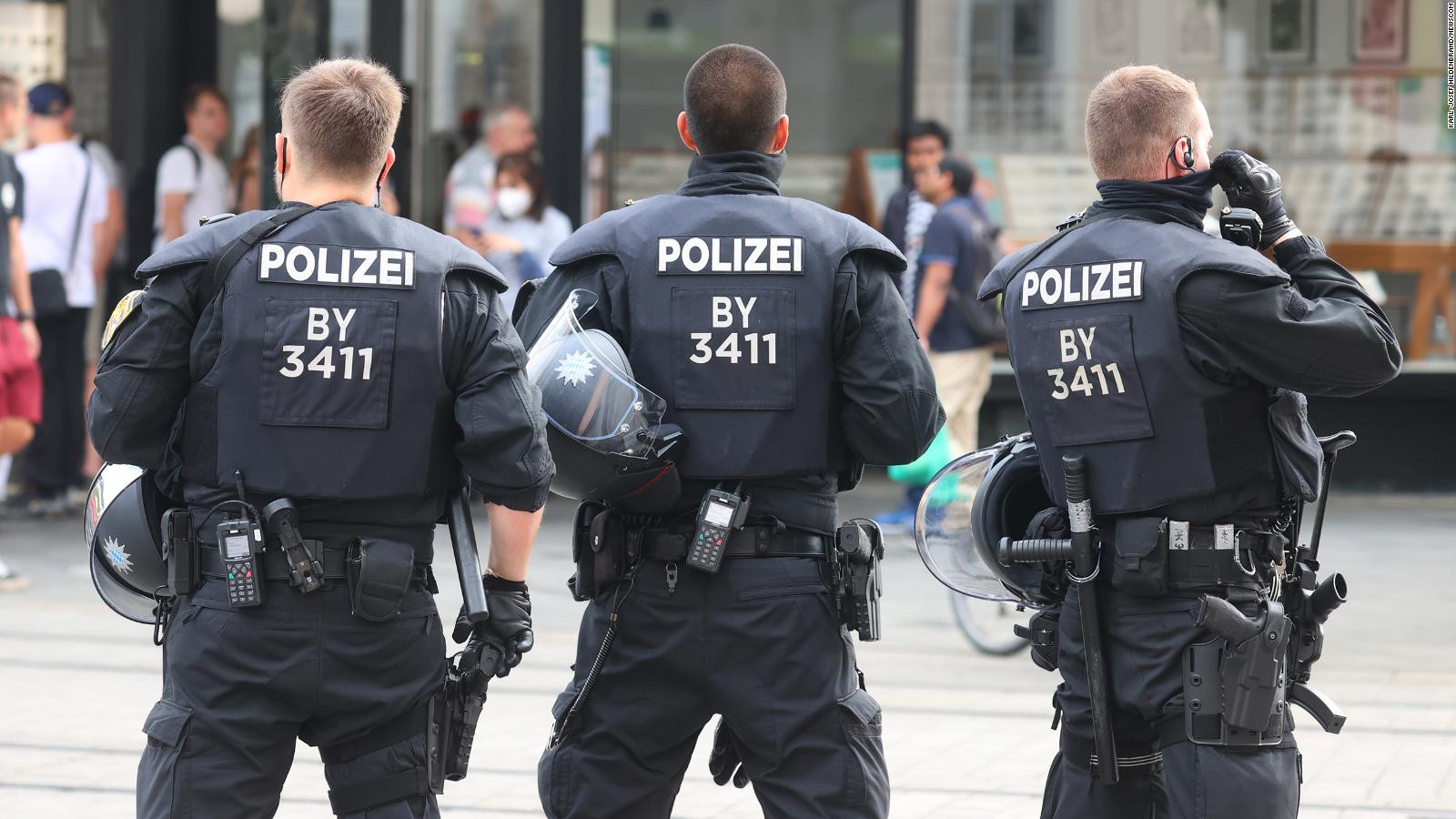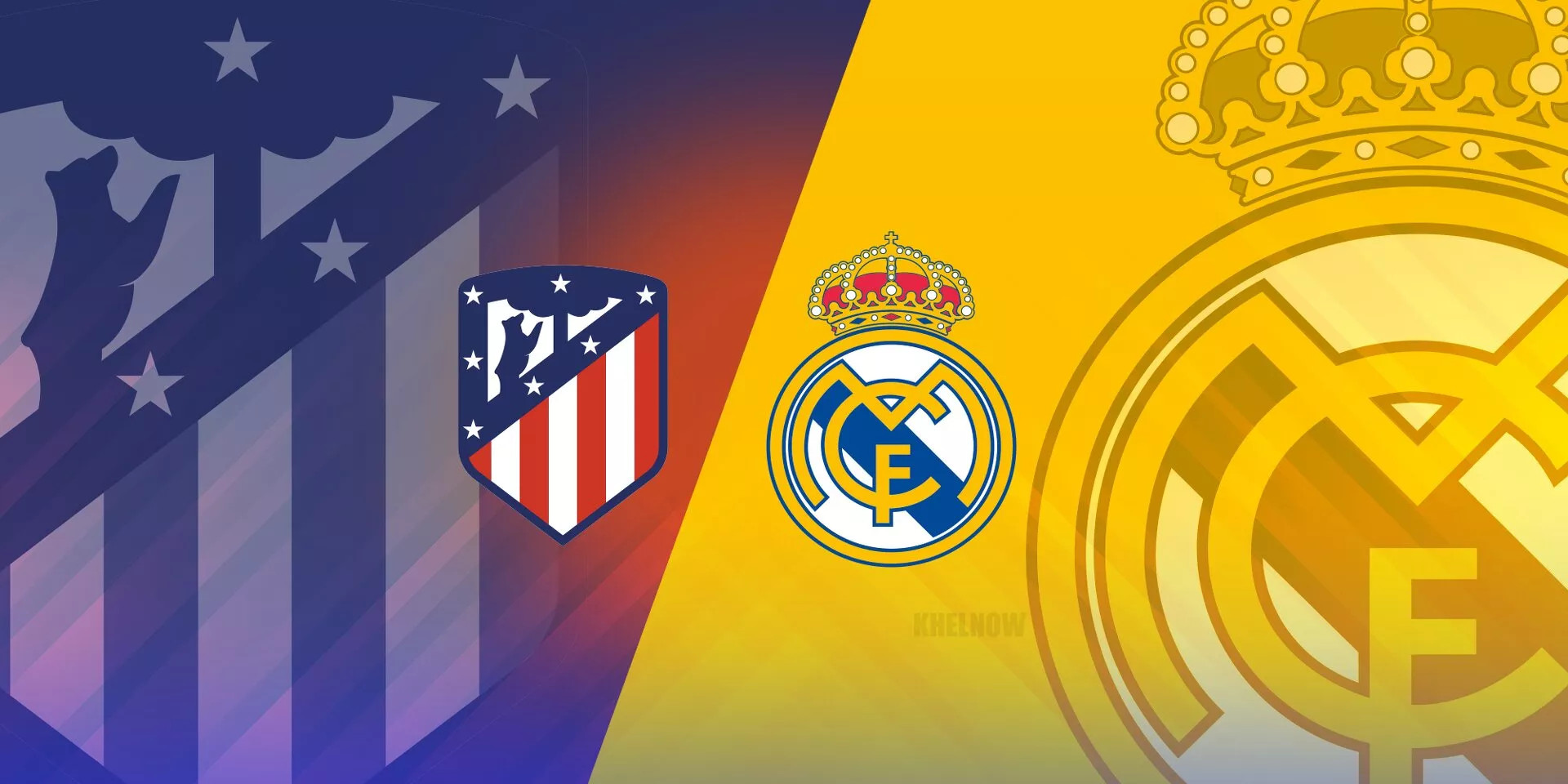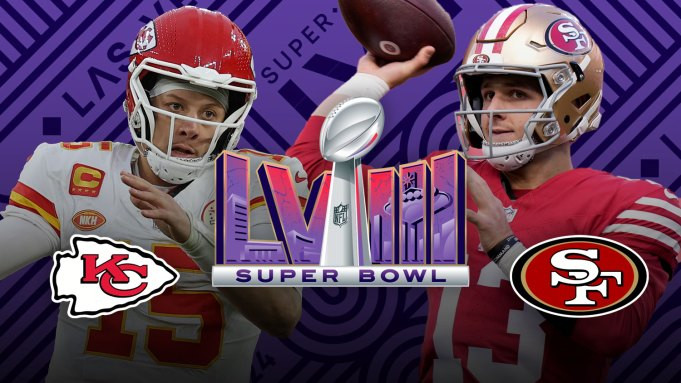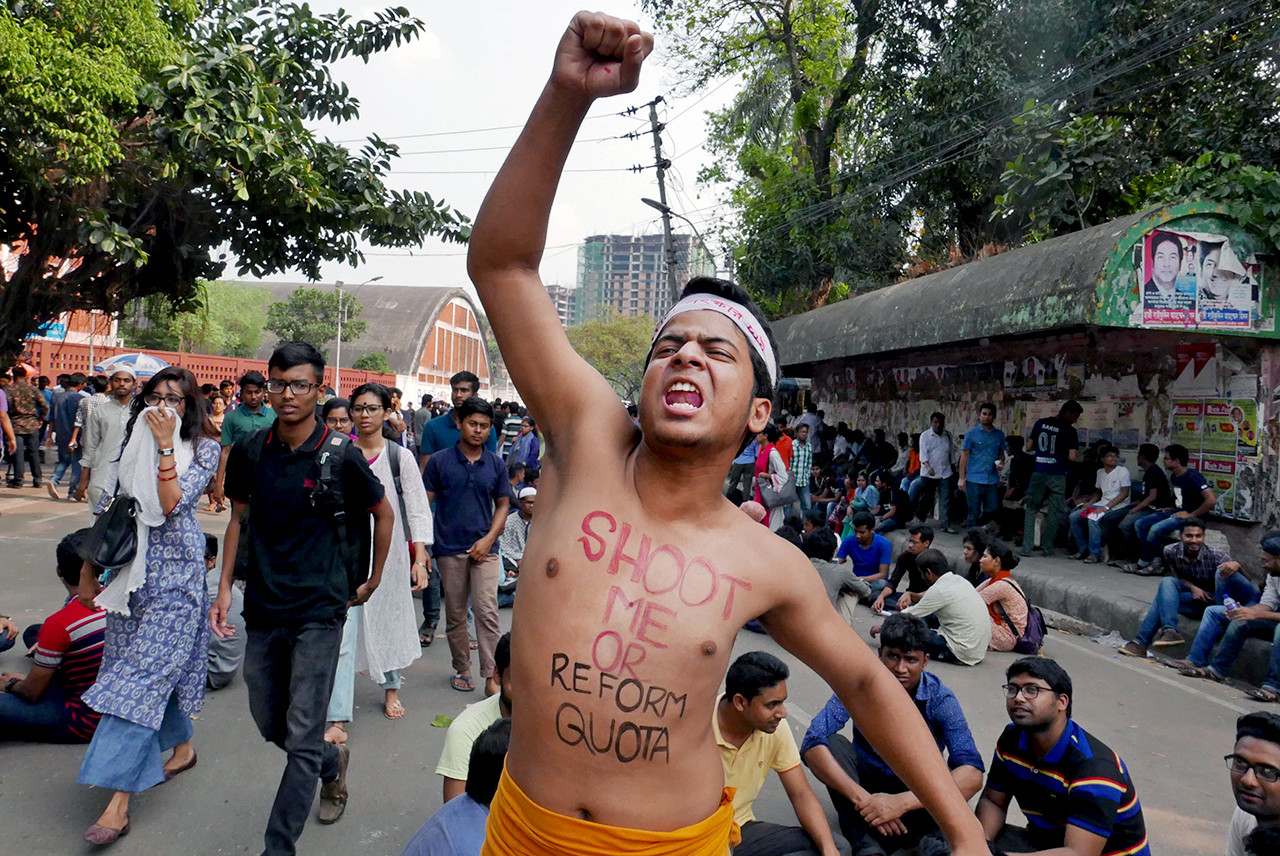"The superseding indictment, which was presented to a new grand jury that had not previously heard evidence in this case, reflects the Government's efforts to respect and implement the Supreme Court's holdings and remand instructions," a Justice Department spokesperson said Tuesday.
Trump last August pleaded not guilty to federal charges of undertaking a "criminal scheme" to overturn the results of the 2020 election to remain in power. Last month, in a blockbuster decision, the U.S. Supreme Court ruled that Trump is entitled to immunity from criminal prosecution for official acts undertaken while in office, and sent the case back to the trial court to sort out which charges against him can stand.
In a separate filing Tuesday, the special counsel said he does not oppose waiving Trump's appearance for an arraignment on the superseding indictment.
While the original indictment laid out five ways Trump allegedly obstructed the function of the federal government -- having state election officials change electoral votes, arranging fraudulent slates of electors, using the Department of Justice to conduct "sham" investigations, enlisting the Vice President to obstruct the certification of the election, and exploiting the chaos of the Jan. 6 riot -- The new indictment removes mention of his use of the Department of Justice, which was explicitly mentioned in the Supreme Court's ruling as falling within his official duties.
While the original indictment mentions the Justice Department on over 30 occasions, the new indictment makes no mention of the DOJ.
It also reframes the portion of the original indictment outlining that Trump allegedly knew his claims of election fraud were false.
The original indictment included how multiple federal officials -- including the vice president, members of the Department of Justice, the Director of National Intelligence, and several White House attorneys -- notified Trump that his claims about the election were false. The superseding indictment removes most of those mentions, saying, "The Defendant was on notice that his claims were untrue. He was told so by those most invested in his re-election, including his own running mate and his campaign staff."
"The defendant used his campaign to repeat and widely disseminate them anyway, to make his knowingly false claims appear legitimate, create an intense national atmosphere of mistrust and anger and erode public faith in the administration of the election," says the new indictment, adding that those aiding Trump were "acting in a private capacity" and that none of them "were government officials during the conspiracies."
In multiple places, Smith's new indictment adds clarifying language to state when he believes Trump was clearly acting outside of his official duties, saying, for instance, that Trump "had no official responsibilities related to any state's certification of the election results" and highlighting when Trump was allegedly acting "not as President but in his capacity as a candidate for office."
The superseding indictment also removes key allegations about Trump’s refusal to act as rioters stormed the Capitol.
The new indictment no longer includes allegations that Trump refused advisers’ requests to send a message calling off rioters and that Trump later refused to withdraw his objections to the certification despite the plea of his White House counsel.
The new indictment is 36 pages, while the original indictment was 45.
It comes just days after Smith, in a filing, urged the Eleventh Circuit Court of Appeals to reverse a federal judge's surprise dismissal of Trump's classified documents case, which Smith is also overseeing.
New Evidence Teasing?
Trump, the GOP's presidential nominee, faces four federal charges in the case into his alleged attempts to thwart the 2020 election results, which the former president has claimed was stolen from him via widespread voter fraud despite a lack of substantial evidence.
The charges include conspiracy to defraud the U.S., conspiracy to obstruct an official proceeding, attempting to obstruct an official proceeding, and conspiracy against rights. Trump has pleaded not guilty to all charges and alleges the case is politically motivated.
On Tuesday, Smith filed a revised indictment against Trump, which comes after the U.S. Supreme Court ruled in July that presidents have immunity from prosecution for official acts, but not for acts as a private citizen or candidate. Trump has argued his actions were official acts so he should not be prosecuted.
However, prosecutors allege he was acting as a private citizen for many of his alleged attempts at overturning the election results. In the latest indictment, Smith emphasized that Trump was acting as a candidate—not as president—when trying to overturn the 2020 election. The indictment still includes the same four criminal counts on which Trump was initially charged.
In a joint court filing on Friday, both Trump's legal team and Smith agreed on what types of motions and briefing are likely in pre-trial proceedings, but noted they have "differing views on how the Court should schedule these matters and the manner in which they are to be conducted."
In a Saturday appearance on MSNBC's The Katie Phang Show, Kirschner, a former assistant U.S. attorney and frequent Trump critic, spoke about the revised indictment as well as the joint filing.
"Even though we know some of the information about Donald Trump's crimes and conduct because we read both the original 45 page indictment and the newly released 36 page indictment, Jack Smith just said, 'Judge Chutkan I'm going to put lots of other information and evidence about Donald Trump's crimes and conduct so you have it all so you can make a decision about whether each thing Donald Trump did was official or unofficial,'" Kirschner said.
He added: "And of course Donald Trump's lawyers for the next seven and a half pages put a bunch of nonsense in there designed to delay the case...and they don't even get to the immunity question. Why? Because they don't want any of that new evidence and information coming out before the election or at any other time if they can help it."
In response to Kirschner's remarks, Trump's spokesperson Steven Cheung said in an emailed statement to Newsweek on Sunday, "Nobody knows who this loser Glenn Kirschner is and nobody cares what he has to say."
Newsweek has reached out to Smith via the DOJ online form.
The New Indictment and Its Impact
The new indictment, which was "presented to a new grand jury that had not previously heard evidence in this case," according to a spokesperson for the special counsel, focuses on the "unofficial, private conduct by Trump that the Supreme Court has said is fair game for prosecutors to pursue."
This comes after Trump's lawyers argued any "additional proceedings" after the immunity case, which could include trial if the case is not dismissed, should take place in "spring—fall 2025."
Trump's lawyers also suggested details of the defense's motion to dismiss the case based on presidential immunity should be provided by December 13, after which the special counsel will reply by January 3. They suggest non-evidentiary hearings "regarding motions to dismiss and compel" are heard on the week of January 27, 2025.
Smith's, by contrast, are keen to move on quickly with the case, asking the court for any other Trump motions in the case to "run parallel with the schedule" to discuss immunity.
Prosecutors rejected the bid to get the case dismissed over presidential immunity, stating: "The Government proposes that it file an opening briefing in which it will explain why the immunity set forth in Trump [the Supreme Court's immunity ruling] does not apply to the categories of allegations in the superseding indictment."
What's Next?
In the wake of the Supreme Court's stunning decision on presidential immunity, legal experts had a variety of predictions of what would happen next in special counsel Jack Smith's federal election interference case.
But once Smith's office advised Washington, D.C., federal judge Tanya Chutkan earlier this month that it needed more time to "assess the new precedent ... including through consultation with other Department of Justice components," I realized one reason Smith could need more time was to supersede, or replace, his own indictment to resolve the Supreme Court's clearest concerns. And on Tuesday, Smith did exactly that.
Others — including my colleagues Jordan Rubin and Hayes Brown — have written about the changes in the new indictment, both big and small, and what's likely to happen next in the litigation.
But assuming the stripped-down indictment can survive both judicial review and November's election (if Trump wins, we can assume his Department of Justice will put an end to his federal criminal cases), what really interests me is Smith's removal from the indictment of multiple alleged conversations between Trump and executive branch officials and how those deletions have complicated his case at trial.
The charges against Trump — all four of which remain — necessitate showing not only that Trump falsely claimed there was outcome-determinative fraud in the 2020 presidential election and that he had won, but that he knew these claims were false at the time he made them and conspired to change the election outcome.
The original indictment alleged that the sources of Trump's knowledge included senior Department of Justice leaders, including then-Attorney General Bill Barr and his successor, then-acting Attorney General Jeffrey Rosen, as well as senior White House lawyers, namely then-White House counsel Pat Cipollone and his deputy Pat Philbin. That document quotes Philbin as having told Trump, "[T]here is no world, there is no option in which you do not leave the White House [o]n January 20th."
In the new indictment, however, Smith has eliminated any and all references to conversations in which DOJ leaders, White House staff, and agencies within the intelligence community allegedly informed Trump that one or more claims about voter fraud were unproven and/or false — or simply that he had lost the election period.
The superseding indictment is a reflection of a weird, dual reality for Smith and his team: In order to save their case, they also had to jettison some of their best proof.
It's no secret why Smith did this. Under the Supreme Court's immunity decision last month, Trump's communications with executive branch aides are either part of his core constitutional powers, as the court held with respect to his interactions with DOJ leaders, or at the very least, within the outer perimeter of his official duties so that they are presumably immune both from prosecution and as evidence even as to his unofficial conduct.
But now, the case won't include some of what seemed to be the most damning proof that Trump knew he lost.
The conversations through which Barr, Rosen and Rosen's then-acting deputy, Rich Donoghue, disabused Trump of his false claim that votes cast through voting machines had been "switched" from him to Biden in multiple, contested states? Gone.
The time Barr also told Trump there was no evidence of a "suspicious vote dump" in Detroit? Gone.
How about when Rosen and Donoghue separately told Trump that the claim there had been 200,000-plus more votes than voters in Pennsylvania was also untrue? Cut.
Or what of Trump telling then-Chairman of the Joint Chiefs Gen. Mark Milley in early January 2021 that "it’s too late for us" to take action on an "overseas national security issue" and they should "give that to the next guy?" Nowhere to be found.
Then-Director of National Intelligence John Ratcliffe's assuring Trump that there was no outcome-determinative foreign interference in the election? Like it never happened.
The superseding indictment is a reflection of a weird, dual reality for Smith and his team: In order to save their case, they also had to jettison some of their best proof. The question now is whether what's left is powerful enough to prevail.
My guess is yes, in part because some of the most important witnesses are still important in GOP politics and therefore, all the more credible if they tell the truth. Indeed, without testimony from official Trump World, those who directly communicated with Trump about his failure to win come from two camps: state officials who refused to do his bidding and his own campaign staff. (The Supreme Court’s opinion suggests Trump’s discussions with both state officials and his campaign staff constitute unofficial, personal acts that do not qualify for immunity.)
Consider, for example, two events that the new indictment alleges went down on Dec. 8, 2020.
First, the indictment notes that a "Senior Campaign Advisor — who spoke with the Defendant on a daily basis and had informed him on multiple occasions that various fraud claims were untrue," dismissively described those fraud claims in an email as "just conspiracy shit beamed down from the mothership" that unsurprisingly had resulted in more than 30 court losses to date. Those details are hardly new, but they could carry even greater weight going forward given their source: once and current Trump adviser Jason Miller, who is perhaps even more prominent within the inner circle today than he was in 2020.
The new indictment also alleges that Trump called Georgia Attorney General Chris Carr and asked him to join the so-called "original jurisdiction" lawsuit that Texas had filed in the Supreme Court. But Carr declined, telling Trump, according to the indictment, "that officials had investigated various claims of election fraud in the state and were not seeing evidence to support them." And Carr, who defeated a Trump-endorsed opponent to win re-election in 2022, remains unbowed, at least so far, refusing to reopen an investigation of the 2020 election in Georgia's Fulton County despite a directive from the Georgia Election Board.
I can't imagine Miller or Carr would necessarily welcome testifying in a Trump trial. But I also can't envision the Supreme Court ruling their testimony is ultimately off-limits under the contours of the immunity decision. The special counsel and those weighing in at the Justice Department understand this. And even as they recover from their Supreme Court loss, they are playing the long game.




